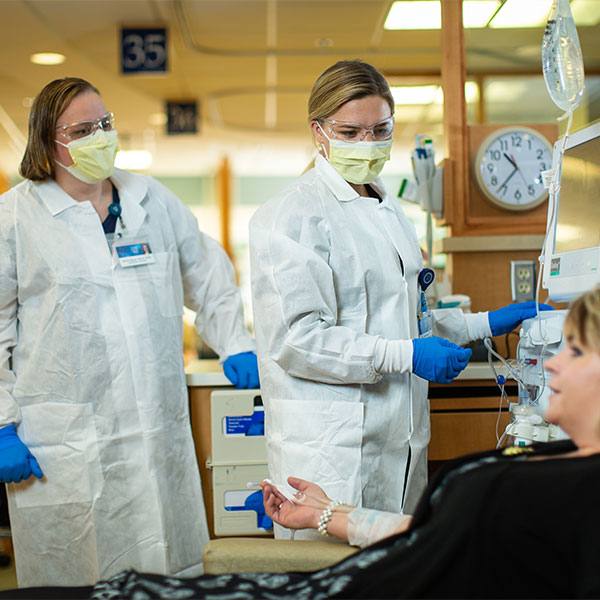-
Biotherapeutics
Bacteria for regenerating lung homeostasis to treat COPD: Veena Taneja, Ph.D.
Mayo Clinic is researching a cause and regenerative approach to treatment for one of the most common and deadly forms of lung disease. Chronic obstructive pulmonary disease (COPD) refers to a group of lung diseases that makes it difficult to breath. It is also known as emphysema and chronic bronchitis. According to the Minnesota Department of Health, COPD is the fifth leading cause of death in Minnesota, and 50% of Minnesotans with COPD are undiagnosed. Through a grant from Regenerative Medicine Minnesota, Mayo Clinic immunologist Veena Taneja, Ph.D., is researching regenerative methods to treat COPD.
The research, currently being done in mice, is looking at the role of smoking as a cause of COPD. Dr. Taneja’s team has developed an expedited model of cigarette smoke-induced COPD in mice that express human immune genes and mimic human immune response.
“Although initially thought sterile, healthy lungs have diverse bacteria, and individuals who have a history of smoking and have been diagnosed with COPD are missing a bacterium that is typically present in healthy individuals,” says Dr. Taneja. “We’ve been able to isolate and reintroduce the missing human oral bacterium in to the lungs of mice to correct the microbial imbalance in our laboratory.”
If successful this research could lead to a better understanding of how the human body uses endogenous bacteria that naturally present in the body to heal from within. The treatment could ease symptoms, improve lung function, and stabilize the immune system to decrease inflammation.
“Since we plan to create a balance with the bacteria already residing inside every human, it is anticipated that treatment should not result in major side effects,” adds Dr. Taneja.
Learn more about Dr. Taneja’s research in the video below:







